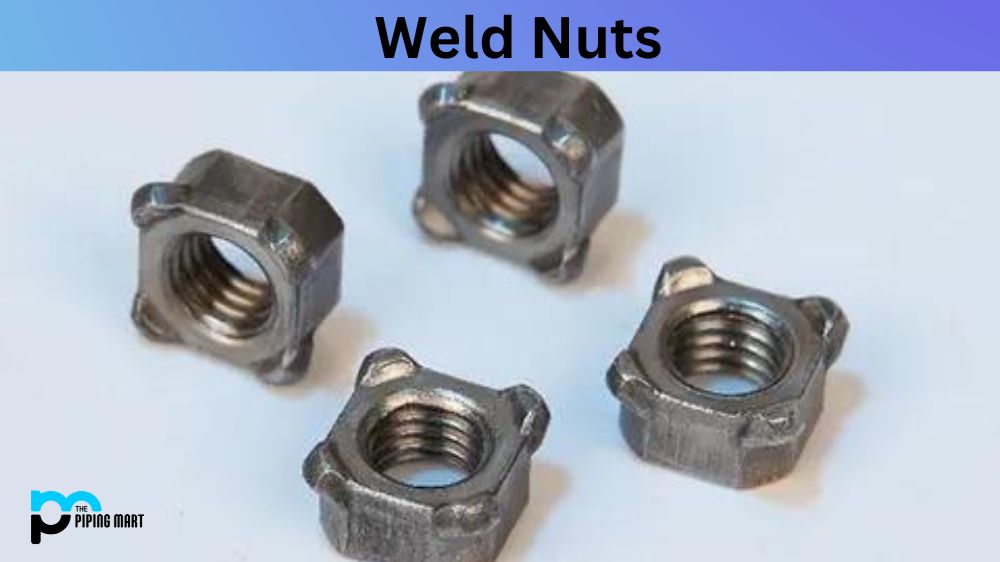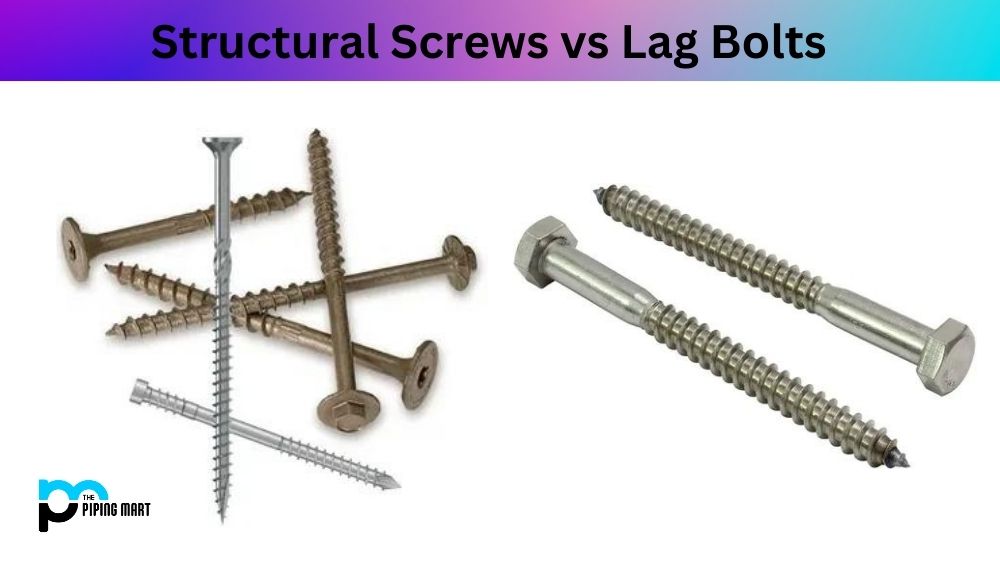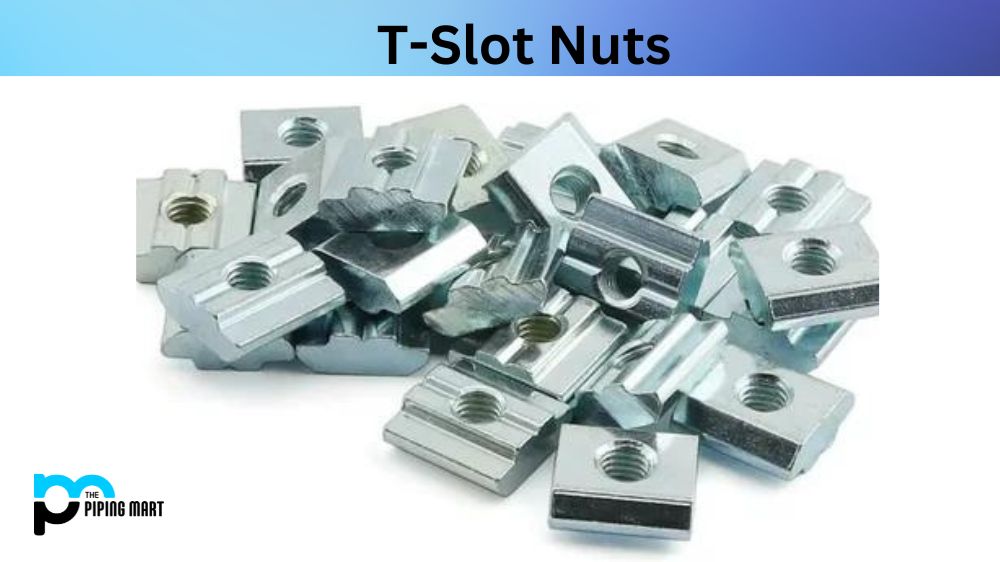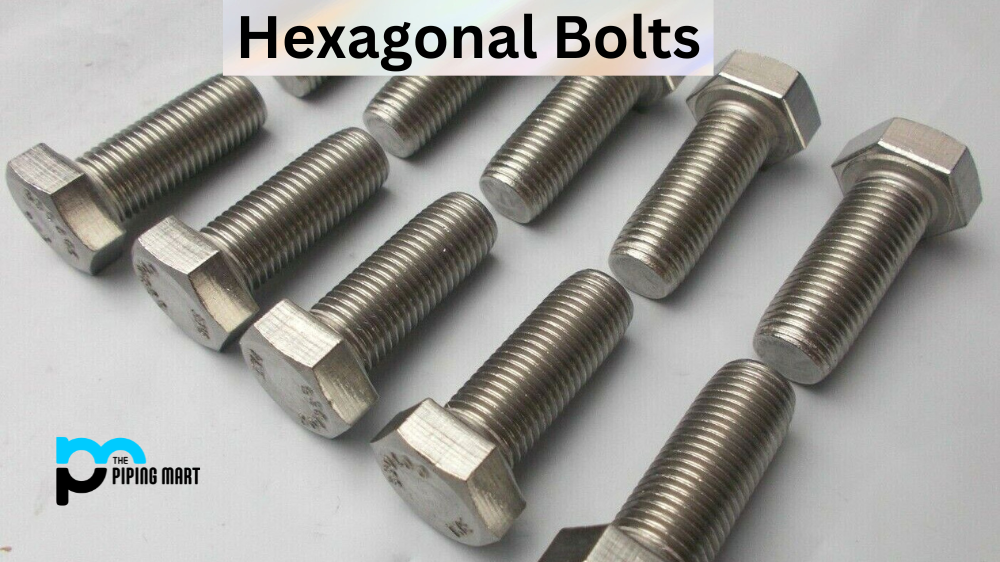As a fastening solution, weld nuts have been used in various industries for years. They offer a fast and easy way to combine two or more metal components. Weld nuts come in different shapes and sizes and work great for permanent and semi-permanent applications. However, weld nuts have advantages and disadvantages like any other fastening method. In this blog post, we’ll explore both sides of the coin and help you decide whether to use weld nuts in your project.
Advantages of Weld Nuts
Versatility: Weld nuts can be welded to different metal surfaces, including steel, stainless steel, and aluminium. They can also be used with different welding techniques, including TIG, MIG, and resistance welding.
Fast installation: One of the main advantages of weld nuts is that they can be installed quickly and easily. The process involves welding the nut to the metal surface, which takes only a few seconds.
Better load distribution: Weld nuts offer better distribution because they distribute the load over a larger area. They also reduce stress and fatigue on the base material, making them ideal for applications that require high-strength joints.
Improved aesthetics: Weld nuts create a flush and smooth finish, improving the final product’s overall aesthetics. This is especially important in applications where appearance is a key factor.
Disadvantages of Weld Nuts:
Limited accessibility: Weld nuts require access to both sides of the metal surface. This can be a challenge in applications with limited space or restricted access.
Weld integrity: The strength and integrity of the weld joint depend on the quality of the welding process. Poor welding can lead to weak joints, compromising the final product’s integrity and safety.
Risk of deformation: Welding can cause deformation of the metal surface, especially in thin or delicate materials. This can lead to an uneven surface that may compromise the final product’s overall performance.
Added cost: Weld nuts require specialized equipment and skilled labour to install. This adds to the project’s overall cost, making it less cost-effective than other fastening methods in some cases.
Conclusion:
In conclusion, weld nuts are a versatile and fast-fastening solution that offers many advantages, but they also have drawbacks. The decision to use weld nuts ultimately depends on the specific needs of your project. If accessibility, weld integrity, and cost are not major concerns, weld nuts can be a great solution for high-strength joints that require a flush and smooth finish. However, if these factors are critical to the success of your project, consider other fastening methods that are more suitable. Always consult a fastening expert to help you decide on the best solution for your application.

Meet Bhavesh, a seasoned blogger with a wealth of knowledge and experience. From metal products manufacturing to retail, Bhavesh has a diverse background in various industries and is dedicated to sharing his insights and expertise with readers.




